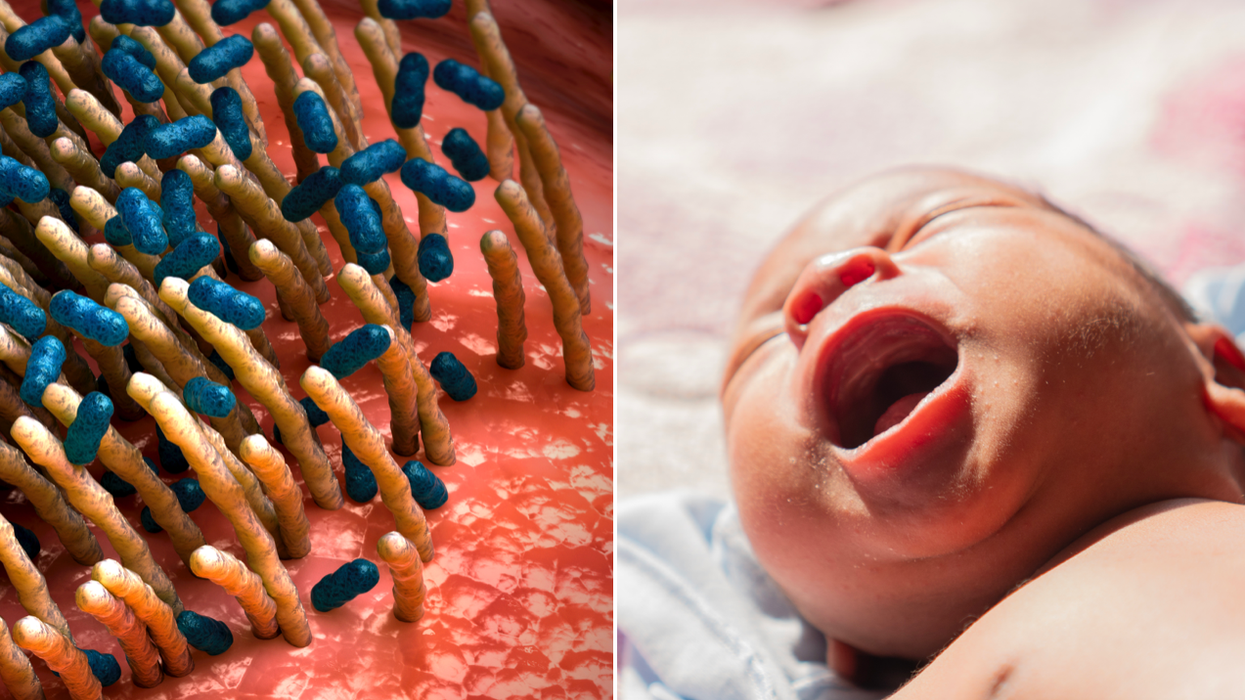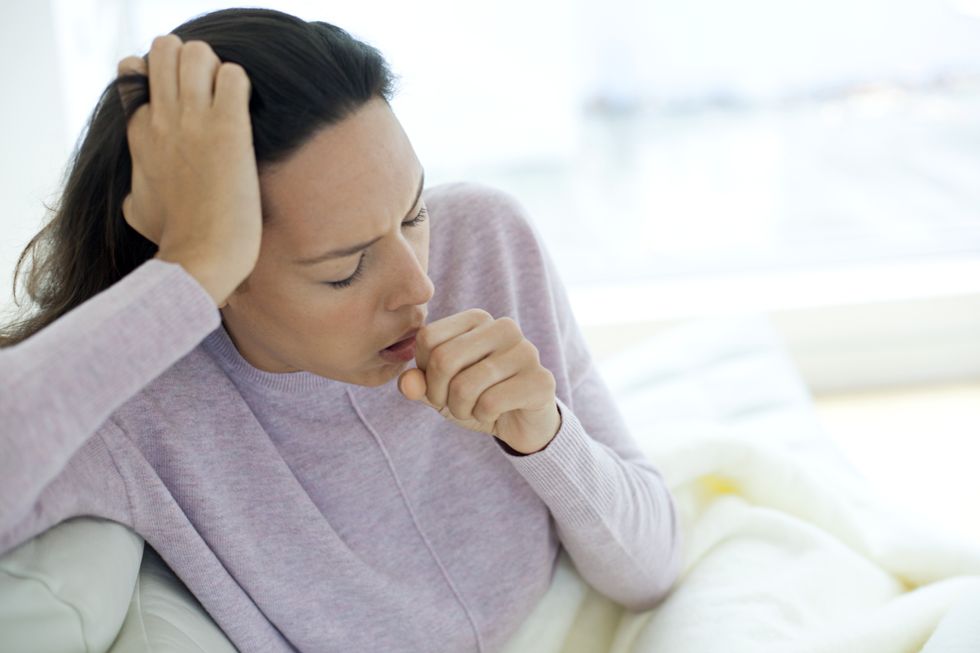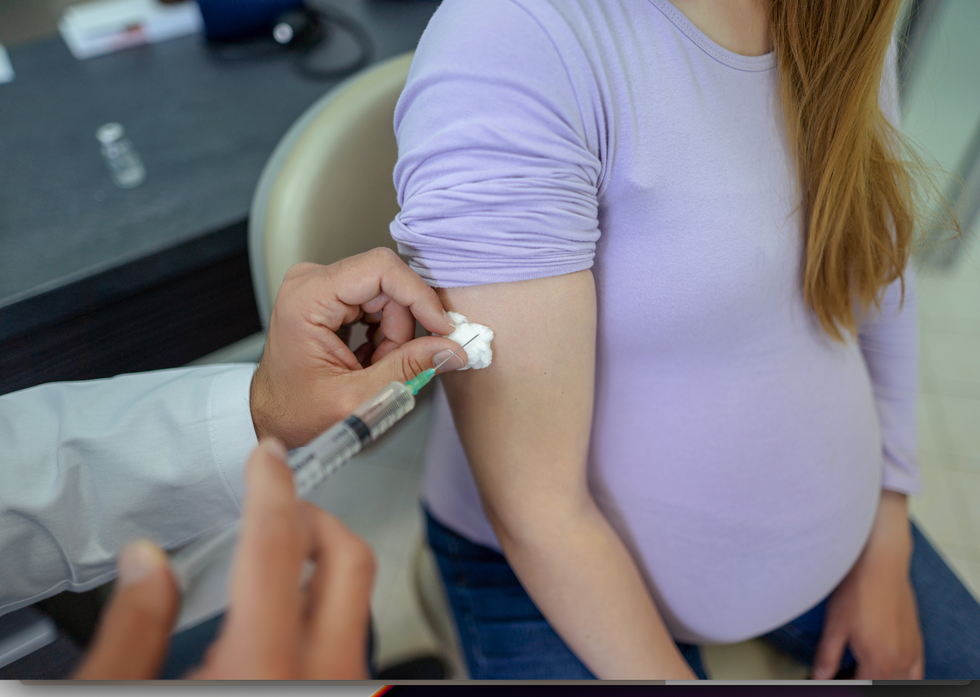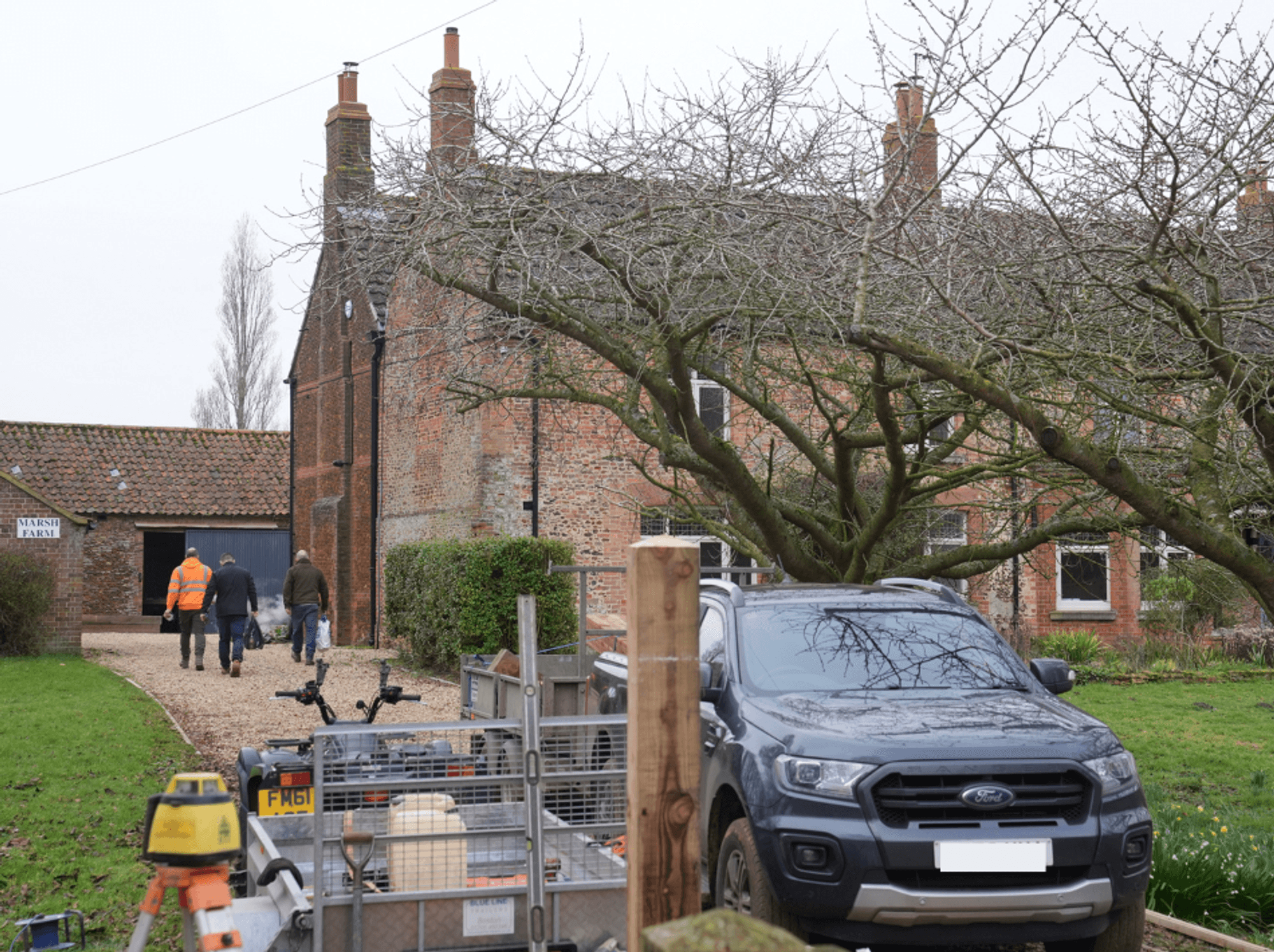Why is the '100-day' bug on the rise? The truth behind the 'alarming' UK outbreak as three more babies die

Surge in whooping cough cases is a product of the pandemic and low vaccine uptake, health officials say
|Getty Images

Whooping cough is a "cyclical disease" but this is only one piece of the puzzle, health officials say
Don't Miss
Most Read
Eight babies have died in the UK from whooping cough this year alone as cases of the disease skyrocket.
Amid the current outbreak, which one academic has described as "alarming", pregnant women are being urged to take up the offer of the whooping cough vaccine so they can pass on protection to their babies, which should last until they are old enough to get vaccinated themselves.
Here is everything we know so far about the current rise of the "100-day" bug.
What is a whooping cough and how do I know I have it?
The bacterial infection, also known as pertussis, affects the lungs and breathing tubes.
As the name suggests, symptoms include coughing bouts that last for a few minutes and are typically worse at night.
According to the UK Health Security Agency (UKHSA), this is typically preceded by cold-like symptoms, such as a runny nose and sore throat.
Young babies may also make a distinctive “whoop” or have difficulty breathing after a bout of coughing, though not all babies make this noise which means whooping cough can be hard to recognise, explains the UK Health Security Agency (UKHSA).
It is sometimes referred to as the “100-day cough” because of how long it can take to recover from it, and it spreads very easily.

Coughing bouts last for a few minutes and are typically worse at night
|Getty Images
Why is whooping cough on the rise?
Four factors are thought to be behind the current rise in cases.
Health officials describe whooping cough as a “cyclical disease”, which means it peaks every few years. With whooping cough this is every three to five years.
The last big increase was seen in 2016, but cases dipped to very low numbers during the coronavirus pandemic which means the current peak is “overdue”, experts have said.
What's more, the impact of the pandemic means there is reduced immunity in the population.
UKHSA also said vaccine uptake has fallen in recent years – both the jabs for pregnant women and children.
How do we address it?
The NHS recommends all pregnant women are vaccinated against whooping cough between 16 and 32 weeks.
Immunity from the jab passes through the placenta to protect newborn babies in their first weeks of life.
When a baby is eight weeks old they are offered the six-in-one vaccine, which includes immunisation against whooping cough.
The second dose of the vaccine is offered at 12 weeks and the third is offered at 16 weeks.
When children are three years and four months they will be offered the four-in-one pre-school booster, which protects against pertussis.
LATEST DEVELOPMENTS

The NHS recommends all pregnant women are vaccinated against whooping cough between 16 and 32 weeks
|Getty Images
Professor Sir Stephen Powis, NHS England’s national medical director, said: “With cases of whooping cough continuing to rise sharply across the country, and today’s figures from UKHSA sadly showing further infant deaths, it is vital that families come forward to get the protection they need.
“NHS teams are working hard to ensure local vaccination services are easily accessible for all through GP practices and some maternity services, and we urge all pregnant women to get vaccinated to help protect their babies in the first few weeks of their life – parents should also ensure that their children get protected in the first few months after birth as part of the routine NHS vaccine offer.
“If you or your child have symptoms of whooping cough, ask for an urgent GP appointment or get help from NHS 111.”
Since January there have been 4,793 confirmed cases of whooping cough.
This compares with 858 cases in the whole of 2023, according to UKHSA.
In April this year, the latest figures available, there were 1,888 cases.
Between January and the end of April, some 181 babies under the age of three months were diagnosed with whooping cough. Around half of the latest cases have been recorded in people aged 15 years or older and 26% among children aged between 10 and 14 years.










